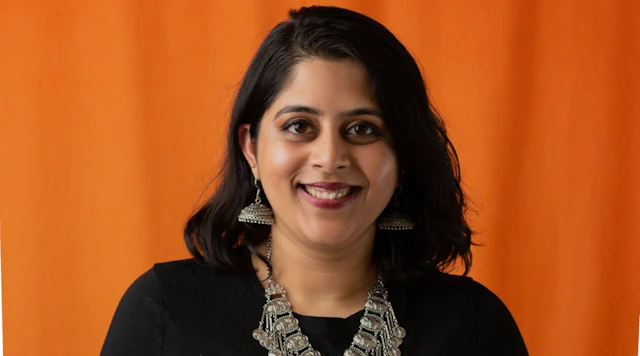
We Were Always Queer
by Guest Contributors •

In the South Asian community, members are very familiar with a particular phrase: “What will people say?” For South Asians , the phrase colors every aspect of your life. The expectations also bleed into who you’re allowed to love — and how.
Post submitted by Tania Chatterjee, South Asian Sexual Mental Health Alliance, co-founder.
In the South Asian community, members are very familiar with a particular phrase: “What will people say?”
It’s a simple little phrase with heavy meaning, and holds the same weight across many languages and cultures. For South Asians — especially members of the diaspora living abroad (third-culture kids) — the phrase crosses beyond the usuals of what you’re wearing or who you’re hanging out with. The phrase colors every aspect of your life. Third-culture kids are often battling a slew of expectations placed upon them by their parents, families and communities — good grades, reputable careers, doing it all and doing it really, really well. The expectations also bleed into who you’re allowed to love — and how.
Mental health is not something that’s easily talked about in the South Asian community. Being queer is the same — the expectation is that South Asians are straight, cis and perfect. We don’t struggle, fail or ever stumble. For those of us who go against the grain — by being queer (which is, to be clear, not a choice), by pursuing different careers, by speaking up against outdated norms and customs — we often face rejection and ostracization from our families and communities, simply for being who we are, and daring to live our own lives freely. The sheer weight of “what will people say” suffocates many of us, day in day out, as we are told to live our lives by the ideals of others, rather than our own.
The truth is that we have always been queer. We have always questioned why things are the way that they are — that’s just human curiosity. Gender roles, expectations and cultural norms are all societally (and often colonizer) constructed, and they’re not something we are born knowing. Living your life to the fullest means living your romantic and sexual life to the fullest, no matter what society prescribes as “right” or “wrong.” When we suppress ourselves and our desires, needs and wants for fear of “what will people will say,” we deny ourselves the opportunity to live to the fullest, healthiest extent possible as human beings.
So to my fellow South Asians, and to everyone else living under the weight of “what will people say” — keep questioning. Keep pushing boundaries. And most of all, keep on redefining what it means to be South Asian, and what it means to be “traditional” in staying true to your own personal roots. South Asians have always been queer and trans and everything else in between. We — like everyone else — are allowed to struggle with our mood, mental health, and societal expectations. None of those things makes us any less South Asian, but they do make us that much more human.
- Topics:
- Health & Aging
- Communities of Color
Love Conquers Hate
